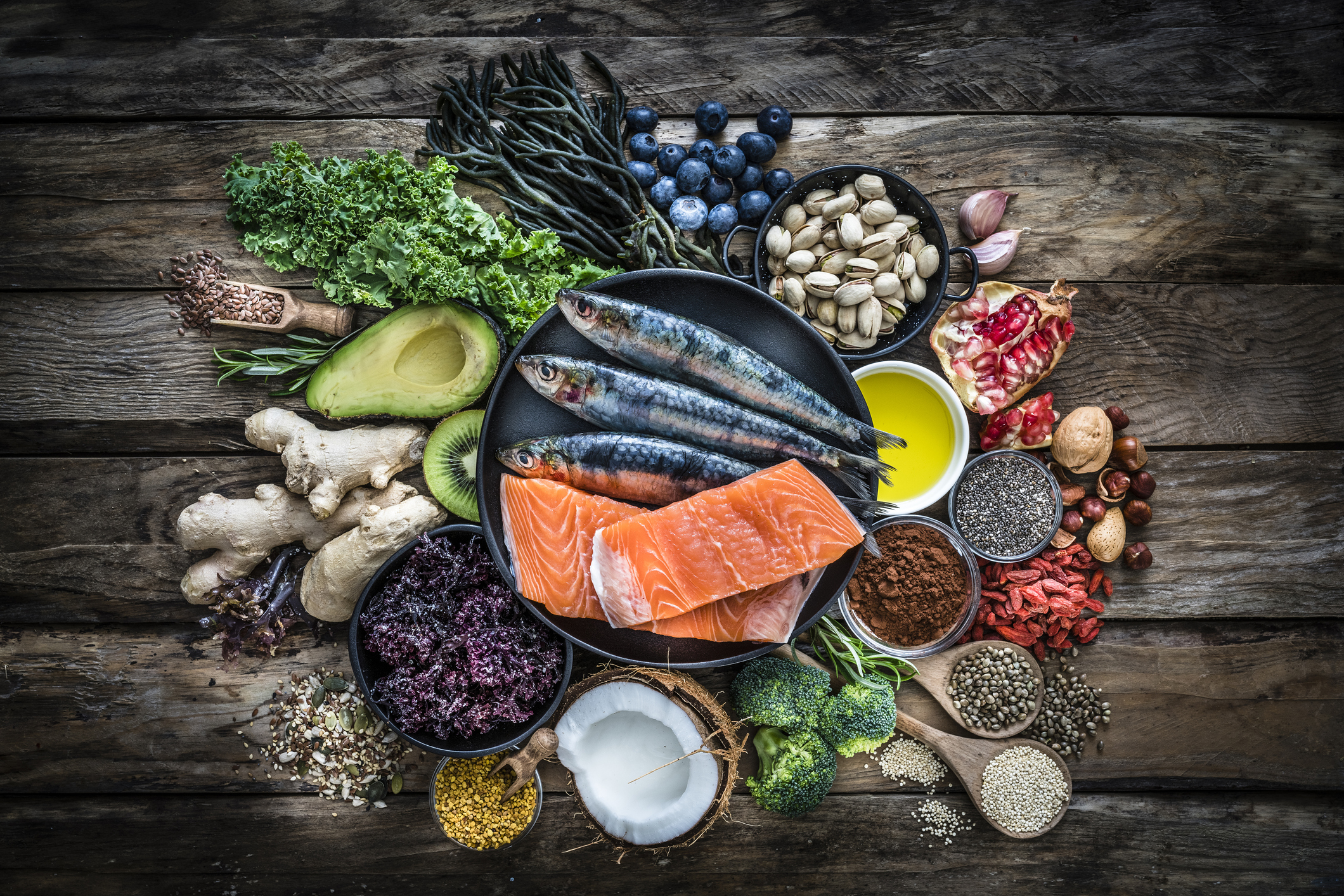India is a multi-cultural country, right from lifestyle to food there are dissimilarities across the nation. So, when it comes to what food should a lactating mother consume there are lots of suggestions and advice given by our Grandmothers and mothers. Let’s read what our Nutritionist Divya Gupta says about Lactating Mothers and their diet.
WHO recommends exclusive breastfeeding for the first six months of life, with continued breastfeeding along with appropriate complementary foods up to two years of age or beyond.
- Breastfeeding promotes the growth and development of the baby.
- It helps infants fight infection and diseases.
- Adults who were breastfed have a lower risk of high cholesterol and asthma.
- It is easily assimilated by the infant’s body due to the perfect combination of protein, lactose, and fat.
- Due to the digestibility of breast milk, breastfed babies are rarely constipated.
- SIDS (Sudden Infant Death Syndrome) is less common in breastfed babies.
- Breast milk has the exact combination of protein, fats, vitamins, minerals, enzymes, and sugars needed for the infant at various stages of his growth.
- Breastfeeding promotes good jaw and tooth development, promotes close mother-child contact.
- Breastfed children are at less risk for juvenile diabetes.
- It helps the uterus regain its normal size after pregnancy.
- Reduces the risk of mothers developing breast cancer, ovarian cancer, type 2 diabetes, and heart disease.
NUTRITIONAL REQUIREMENTS

Diet of a lactating mother and her nutritional status during pregnancy affects, to a certain extent, the quality and quantity of breast milk.
- The Recommended Dietary Allowance during lactation per day increases by 500-600 kcal. However, this factor may vary for obese or underweight women.
- The RDA suggests 74 g of protein per day which is an increase of 18-20 g of protein during the first six months of lactation. Protein-rich foods include whole grains, cereals, pulses, fresh fruits, vegetables, eggs, soy products, chicken, and dairy products.
- Limit foods high in sugar and fat like chips, cakes, soft drinks since they have very little nutritional value. Have coconut water, fruit or vegetable juices, buttermilk, lassi, etc instead.
- Breastfeeding mothers should be encouraged to consume 10-15 glasses of fluids a day as the quantity of milk production depends on the amount of fluid intake.
- Include healthy fats like nuts, seeds, nut butter, avocado, etc
- Avoid alcohol and smoking as it can affect the baby.
- Avoid dieting as it might reduce the quality and quantity of the milk. You can include light exercises like walking.
- Choose foods rich in iron and calcium. Sources of iron include lentils, cereals, green leafy vegetables, raisins, etc. Eat iron-rich foods with foods high in Vitamin C such as citrus fruits for better absorption of iron.
- Good sources of calcium include dairy products and dark green vegetables.
- Check with your physician for iron and calcium supplements. Also, for zinc and selenium supplementation.
- Vitamin b12 supplementation for mothers who are vegetarians or vegan. If you don’t eat enough Vitamin D
Fortified foods such as cow’s milk and some cereals, you might need Vitamin D supplementation. Consult your physician for the supplements.
- Include Galactagogues- Galactagogues are foods, herbs, or medications used to stimulate an increase in milk production. Examples of few Galactagogues are:
- Barley
- Fennel
- Fenugreek
- Nuts
- Milk and milk products
- Cumin
- Oats
- Garden cress seeds



